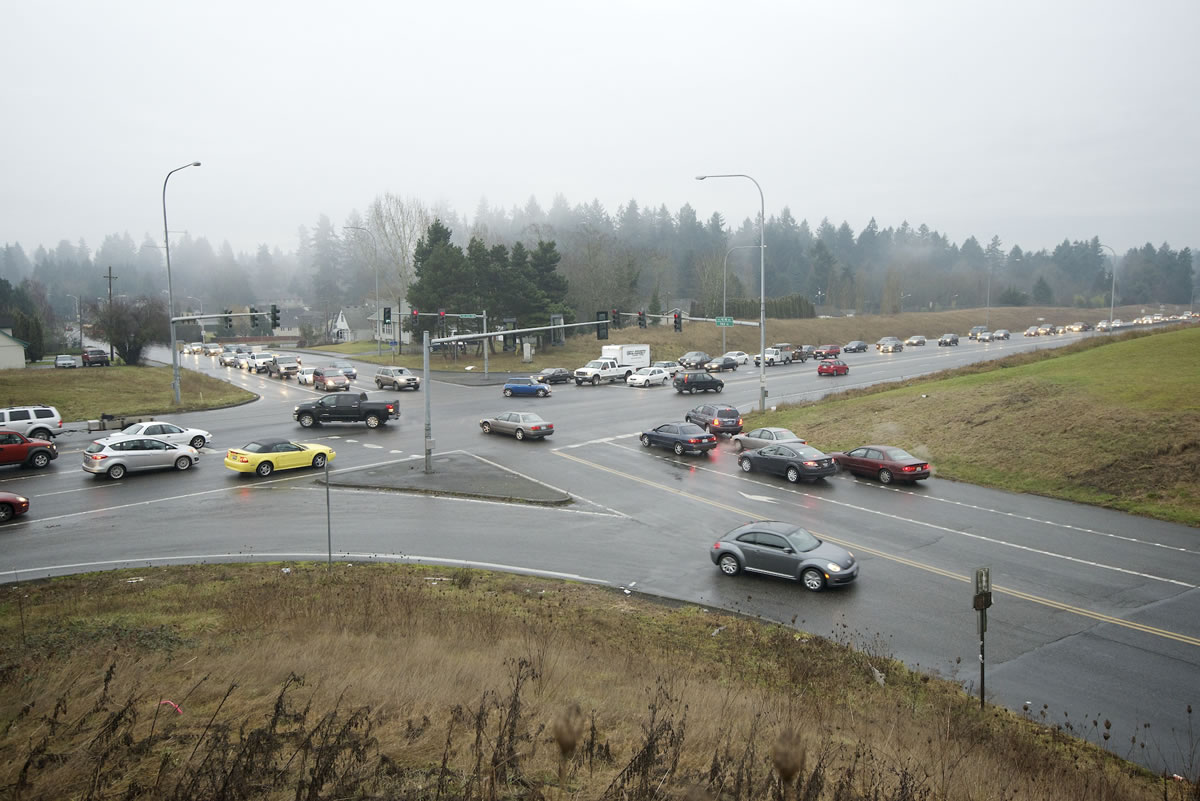Transportation
Vancouver
o Interstate 5/Mill Plain interchange improvements and state Highway 501 improvements from Port of Vancouver to Interstate 5. Cost: $80 million.
o SR 14 from I-205 to 164th Avenue addition of third traffic lane. Cost: $37 million.
o SR 500, Northeast 42nd and 54th avenues interchange and access improvements to eliminate traffic signals. Cost: $70 million.
o Whipple Creek project, Northeast 10th Avenue from 149th to 164th Street road widening. Cost: $35 million.
Camas
o SR 14 Phase 2 improvements, Southeast Sixth to 32nd streets road widening and interchange construction. Cost: $100 million.
Battle Ground
o SR 502/SR 503 intersection expansion and right turn lanes. Cost: $7 million.
Fairgrounds
o Interstate 5/179th Street Interchange and adjacent roadway capacity improvements. Cost: Not determined.
Ridgefield
o Pioneer Street overpass at rail crossing. Cost: $12.5 million.
Economic Development
• Support EHSB 1978, which would accelerate the permitting and regulatory processes for state-funded transportation projects.
• Support initial funding for attracting matching private investment in economic development.
• Support greater local flexibility and tools to generate revenue for infrastructure and development.
Education
• Support "full and timely funding" for basic education, as required by the Washington State Supreme Court's McCleary decision.
• Allow school districts time to fully implement new mandated programs before approving any additional reforms.
• Provide school districts greater flexibility to determine how state funds are used to implement new programs.
• Increase state funding to maintain affordability and access at Washington State University and Clark College.
• Support improvements to Science, Technology, Engineering and Math, or STEM, programs and Career Technical Education programs in middle schools and high schools.




